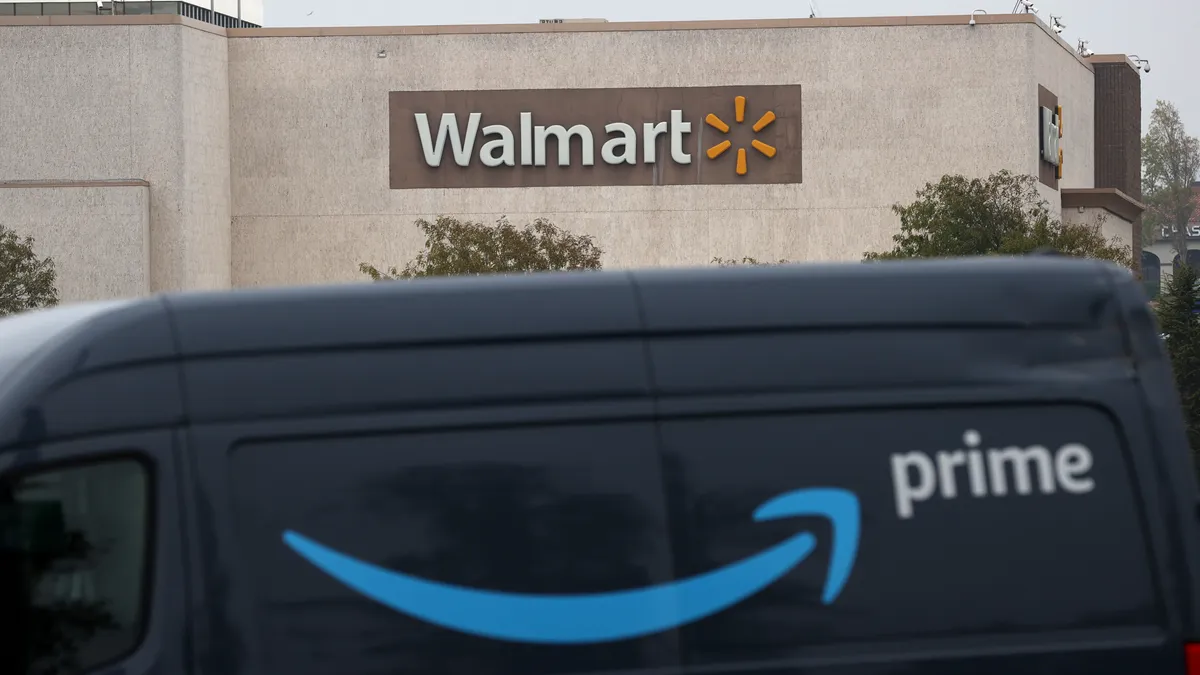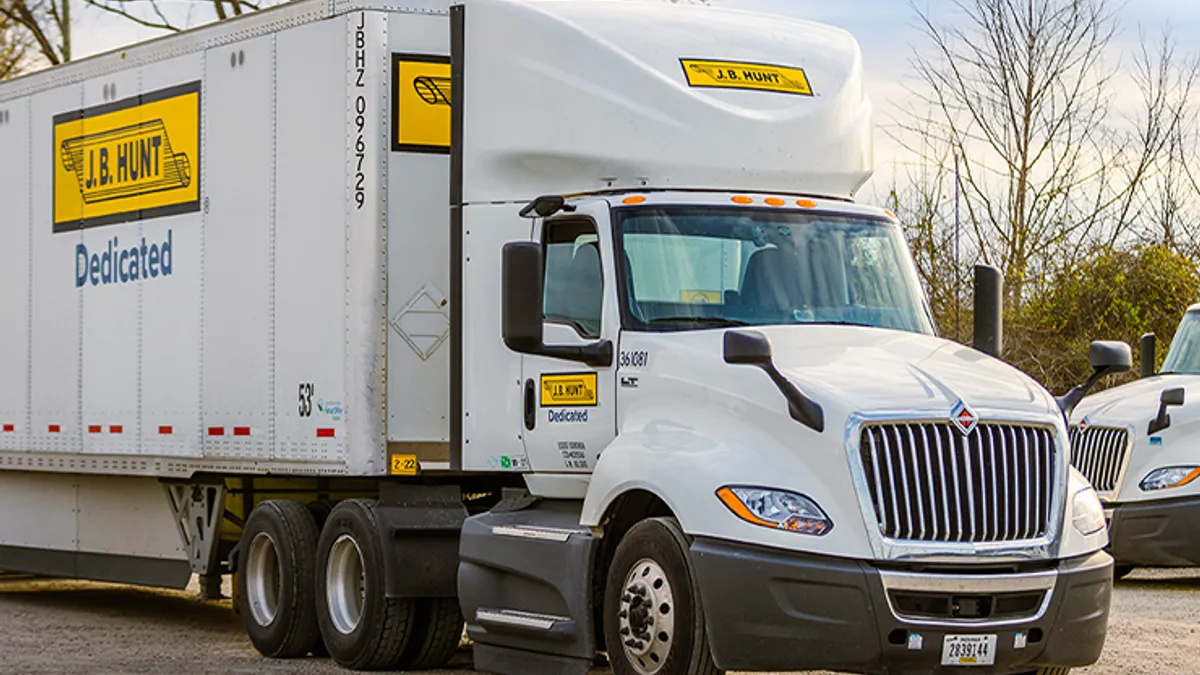Editor's Note: The sub-distributors in this story asked to remain anonymous for fear of retaliation. Their names have been changed to protect their identities.
John thought his job delivering Kellogg snacks to stores to sell by retail was secure — but he says his contract to sell Kellogg snacks was unexpectedly terminated a month ago, and now he doesn’t know how he’s going to pay his mortgage in August.
Since Kellogg began moving its U.S. Snacks segment away from the direct store delivery (DSD) model to the warehouse model (also known as “Project K”), the company has been terminating distributor contracts left and right, putting thousands of workers out of a job.
U.S. Snacks is the last Kellogg segment to switch distribution models, the company said. Kellogg said it expects up to 15% in cost savings as a result of the switch. The company originally announced it would shutter 39 distribution centers, and already 4,499 jobs have been eliminated in 30 centers nationwide, according to data compiled by Supply Chain Dive from previously reported news articles and state filings.
E-commerce and consumer demand are disrupting supply chains, and for many companies, there may not be an easy way to reconcile contract worker interests with the profitability of the company.
The human cost of a new distribution model
John — a sub-distributor for Kellogg with W.M. Brown — isn’t the only one struggling with Kellogg’s decision: David, another sub-distributor, said he will lose more than $300,000 and said it is “devastating.” John, David, and other sub-distributors feel that they’ve been mistreated by Kellogg, which is why they’ve sent a letter to W.M. Brown Group, Premier Snacks, and Kellogg demanding injunctive relief and compensatory damages for lost profits. The letter accuses them of “breach of contract,” “lack of fair dealing,” and “unjust enrichment,” among other charges.
If the distributors and Kellogg don’t respond by tomorrow, the third-party distributors say they plan to file a class-action lawsuit against Kellogg.
John was aware of Kellogg’s February announcement to switch distribution models this year, but said he’d been reassured by W.M. Brown that he wasn’t going to lose his job as an exclusive distributor of Kellogg snacks.
"They told the distributors that they got assurances from Kellogg and that we are safe and that they wouldn’t touch us at all and that we are the most profitable part of their business,” he said. “When I found out [I was losing my job] I was quite devastated because I am now turning 60 years old, so my retirement is gone.”

Abe George, the attorney representing the sub-distributors, said his clients borrowed “significant sums of money to acquire the exclusive property rights to distribute these same Kellogg snack products.”
According to George, Kellogg’s dissolution of the distributor contracts is reprehensible. Kellogg’s agreement with W.M. Brown gave them exclusive rights to deliver Kellogg snacks and pursue new clients for Kellogg, George said.
The sub-distributors were not classified as employees despite having a full work load delivering for Kellogg. As soon as Kellogg switched business models, the company terminated the contractual workers without offering severance packages, George said, because they weren’t true employees of Kellogg.
“For Kellogg to now wave a wand to completely divest my clients of their routes without any consideration is a wanton breach of my clients' rights,” George wrote in an email to Supply Chain Dive. “Clearly, Kellogg is simply enriching itself to increase its bottom line while getting leaner and meaner.”
Supply Chain Dive reached out to W.M. Brown and Premier Snacks, but both declined to comment.
Kellogg did not return or respond to repeated calls and emails requesting comment.
Why Kellogg is shifting to a warehouse model
Kellogg’s decision comes at a high cost, but will ultimately allow the company to grow and increase profits. In the wake of the Amazon effect, brick-and-mortar retail stores are struggling to adjust to consumers’ desires to get products cheaply and quickly. This then creates a demand problem where stores struggle to maintain inventory of the products consumers want to buy.
In Kellogg’s old distribution model (the DSD model), Kellogg would deliver snacks to its own warehouses, and from there distributors would deliver the snacks to retail stores. In the new warehouse model, Kellogg will deliver snacks directly to retailer warehouses, which will then deliver to stores or directly to consumers.
The warehouse model allows Kellogg to more accurately gauge consumer demand and stock inventory accordingly. In Kellogg’s 2016 10-K, the company described the warehouse model as a “more efficient and more effective go-to-market model in 2017,” and noted in its February 8-K that Project K is expected to generate $600 to $700 million in cost savings by 2019.
Kellogg also noted in the 8-K that the transition is expected to negatively affect net sales and gross margin in 2017 and 2018, but expects the transition to increase the company’s profit margin in the long run.

Project K is one example of a growing trend among major manufacturers: last year, Coca-Cola executed a similar move when it sold its bottling plants and contract distributors. This is a result of the Amazon effect: more and more manufacturers want to control the delivery process from start to finish so as to maximize profit margins and alleviate risk. As brick-and-mortar retail stores struggle to adapt to the demands of e-commerce, switching to a warehouse model will allow Kellogg to sell directly to consumers if retail stores fail to meet demand.
Although Project K will streamline the company’s supply chain, it is also causing the layoffs of thousands of contractual workers who depended on Kellogg for their livelihoods.
For someone like David, Kellogg’s gain is causing him to lose more than $300,000. And for John, who is almost 60 years old, Project K means he may not find a new job and might not have enough money to retire.
“I’m not crazy about Kellogg’s anymore,” John said. “Corporate greed won out over people.”






















